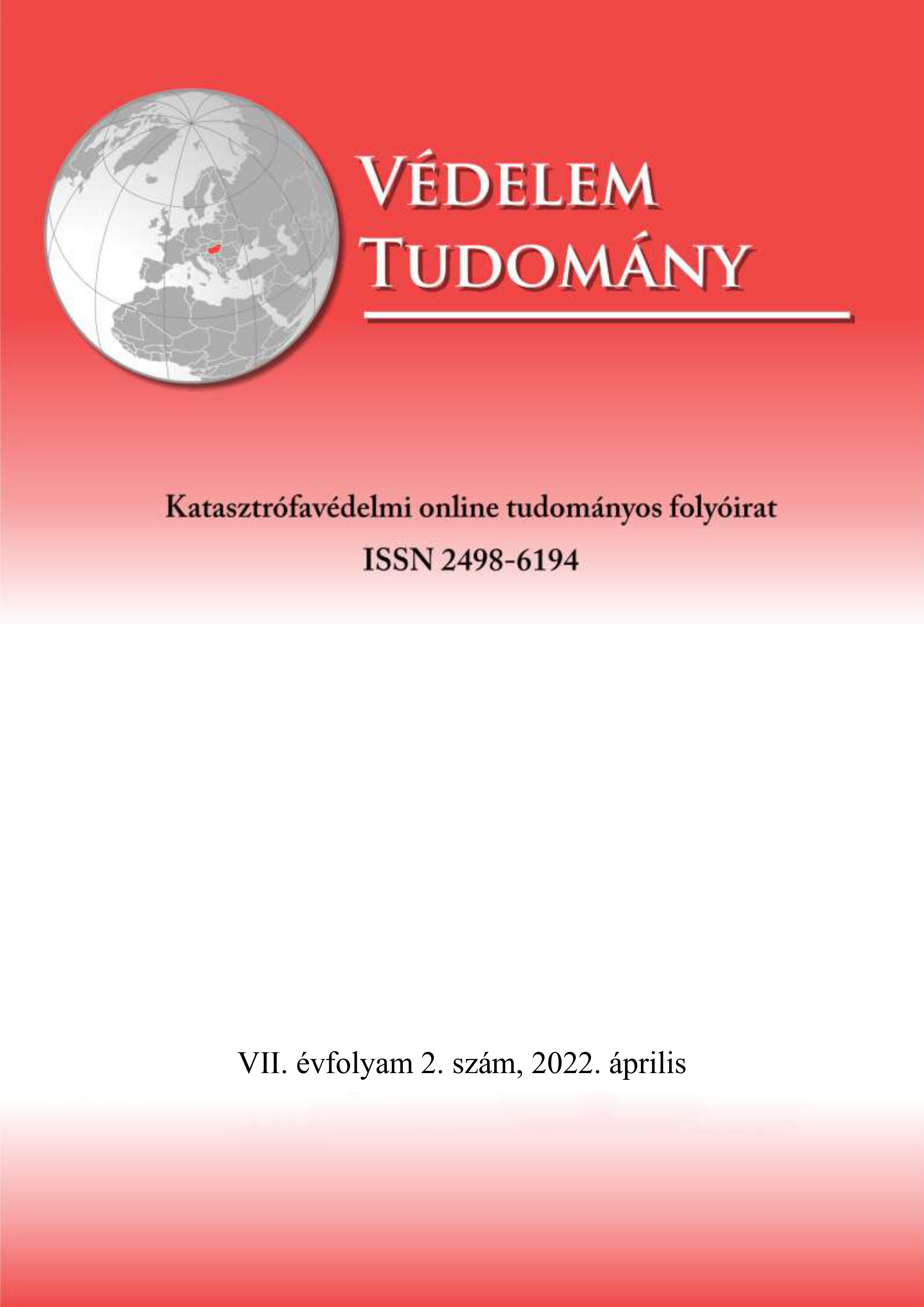Catalyst social innovation to create an educational environment enabling the optimum developement of human resources
Abstract
Education is an industry, which nowadays through technological advances and new teaching methods can support individualized learning in the framework of its mass production. The next revolution of this industry comes in the form of integrating its production units with the economic and social processes that they serve and which in turn serve them into a vast intelligent management system. Unfortunately, the current Hungarian educational system is unsuitable for such integration. In my work, I have collected and evaluated the challenges and opportunities that will shape the educational systems of the 21st century. I performed a data-based analysis of the current state of the Hungarian educational system and identified the possible points of intervention for its transformation process. I have developed a breakthrough social innovation program that will aid the transformation of the Hungarian educational system and prepare it for the integration
with the economic and social processes it serves. The developed program will meet the investigated challenges of the 21st century and it will eliminate the problems revealed in my analysis of the current Hungarian educational system.
References
Demeter, K., et. al. (2017) A lean tudás megosztása. Magyarországi esettanulmányokon alapuló kutatási eredmények. Budapesti Corvinus Egyetem
Kizilcec, R., et al. (2017). Self-regulated learning strategies predict learner behavior and goal attainment in Massive Open Online Courses, Elsevier.
Kovács, Z., Rendesi, I. (2015): A lean projektek hatása”. Vezetéstudomány, (2)
Max, T. (2018): Élet 3.0 Embernek lenni a mesterséges intelligencia korában. Budapest, HVG Könyvek
Pokol, B. (2018): A mesterséges intelligencia társadalma, Kairosz Kiadó
Shelly, F. (2020): Lecserél-e minket a mesterséges intelligencia? Bevezetés a XXI. századhoz. Scholar Kiadó és Szolgáltató Kft.
Egyéb források
Accenture tanulmányok. Megtalálható: https://www.accenture.com/hu-en/about/company/hungary
Dani, G., Nich G. (2018) The myth of the infrastructure phase. Megtalálható:
https://www.usv.com/writing/2018/10/the-myth-of-the-infrastructure-phase/ [2018. október 1.]
David, S. et. al (2017) Mastering Chess and Shogi by Self-Play with a General Reinforcement Learning Algorithm. Megtalálható: https://arxiv.org/pdf/1712.01815.pdf
MicorMasters program leírása. Megtalálható: https://en.wikipedia.org/wiki/MicroMasters Neuralink agy-számítógép interfész bemutató (2020.). Megtalálható: https://www.youtube.com/watch?v=CLUWDLKAF1M [2020. augusztus 29.]
Németh, I. előadása (2019) Egyedi tömegtermelés az oktatásban címmel. Megtalálható: https://infoter.hu/video/dr-nemeth-istvan-egyedi-tomegtermeles-az-oktatasban [2019. július 3.]
Okleveles technikusképzés koncepciója (2020) megtalálható: https://kormany.hu/hirek/az-okleveles-technikuskepzes-egyenes-utat-nyit-a-felsooktatasba [2020. november 27.]
World Economic Forum tanulmánya (2015) Megtalálható: URL:
http://www3.weforum.org/docs/WEF_GAC15_Technological_Tipping_Points_report_2015.pdf [2015. szeptember]




